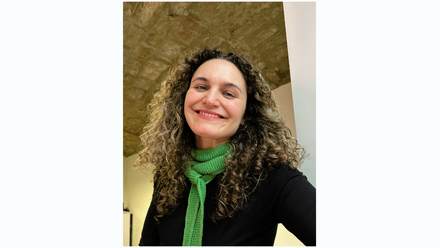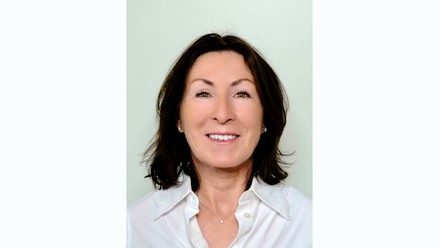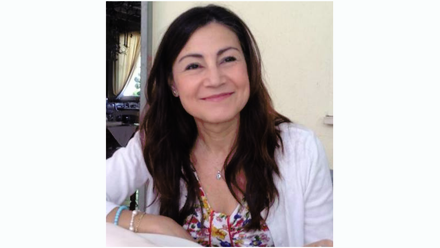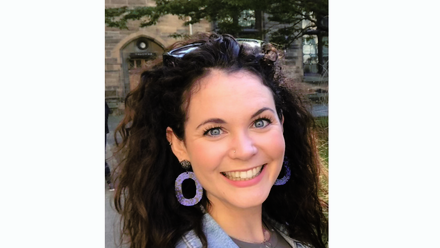ITI Profile: William Young
We talk to William Young, one of the two students awarded 'Best in class' at the recent Starting Up as a Freelance Translator course, in the latest of our ITI Profile series.
Course tutors voted for William based on his course work, and the contribution made to the sessions and groups.
Here he talks about his career and experience of the SUFT programme.

When and why did you decide you wanted to be a translator?
I decided that I wanted to become a translator during my final year at university. I had originally planned to try to become a teacher, but I learnt more about translation from a translation-orientated module during my final year and it was the creative writing aspect of translation which appealed to me more and was what ultimately drew me into the profession.
Did you always intend to freelance?
Yes, freelancing was always the more ideal option for me over working in-house. I enjoy having the freedom of being able to work from home and choose my working hours so that they are adapted around my lifestyle.
What did you find challenging and rewarding about setting up your own business?
Something I found particularly challenging about setting up my own business was formulating an ideal CV to send to agencies. I have always felt a considerable degree of ‘analysis paralysis’ over many aspects of this document, such as worrying if the layout is optimal or whether I’m being too detailed or vague when stating my credentials. The SUFT course not only gave me plenty of sound advice on how to build a CV, but also, even more usefully, considerable insight into how agencies evaluate them.
You have done voluntary work for charitable organisations – how did you find this experience?
I found this experience highly rewarding, both in terms of the pride of doing good in the world with my languages but also in terms of building my confidence up enough to make me feel worthy of considering myself a professional translator. I particularly appreciated the feedback that these organisations provided, as I feel it is important that you continuously evaluate your performance in translation in order to improve in areas in which you may be not as strong as you’d like to be. I also acquired a number of references which have been useful for helping me to obtain future work.
Why did you decide to attend the SUFT course?
After having spent the early years of my translation career carrying out voluntary translation work for charitable organisations in order to gain experience in translation, I did have plenty of practice in the activity of translation itself. However, I was nevertheless still lacking in both confidence and expertise when it came to the business side of working as a freelance translator, and this is an area in which the SUFT course was particularly beneficial to me.
In what ways has it helped you?
I learnt a great deal about all aspects of being a freelance translator, from marketing your services using online resources to handling the admin side of the profession such as producing professional-looking invoices and effective CVs. Ultimately, I came out of the course feeling that getting into paid translation isn’t as daunting a prospect as I had originally envisaged it to be, which was a great relief!
You work from three languages into English – German, French and Spanish – how do you keep your language skills up to date?
My favourite way of keeping my language skills up to date and improving them is through reading parallel texts, which not only provide me with a means by which to further expand my vocabulary knowledge but also act as a way of discovering new translation techniques that I could consider adopting for my own translation work.
How did you come to specialise in translating computer and table-top games?
I decided that it’s important that the specialisms that you adopt for translation should be in areas of knowledge which you feel passionate about, and I have always had a passion for games of various sorts. So, I thought, why not make my passion a part of my occupation? That way I can be sure to enjoy my work and also be more enthusiastic about doing a good job of it!
Do you have a favourite game?
My favourite game would have to be a science-fiction-themed tabletop wargame by the name of Warhammer 40,000, owned by a company called Games Workshop. I believe many wargamers would agree that this company could be considered to the wargaming industry what McDonald’s is to fast food! ‘Forty-K’, as it is commonly referred to, is the wargame that pretty much all wargamers are (or should) be familiar with!
How would you like to see your career developing over the next five years?
To be quite honest I have no grand ambitions with translation beyond simply wanting to be in a situation where I’m doing translation on a full-time basis working for agencies. Although, that being said, to work for some big names in the gaming industries would certainly feel fulfilling!






